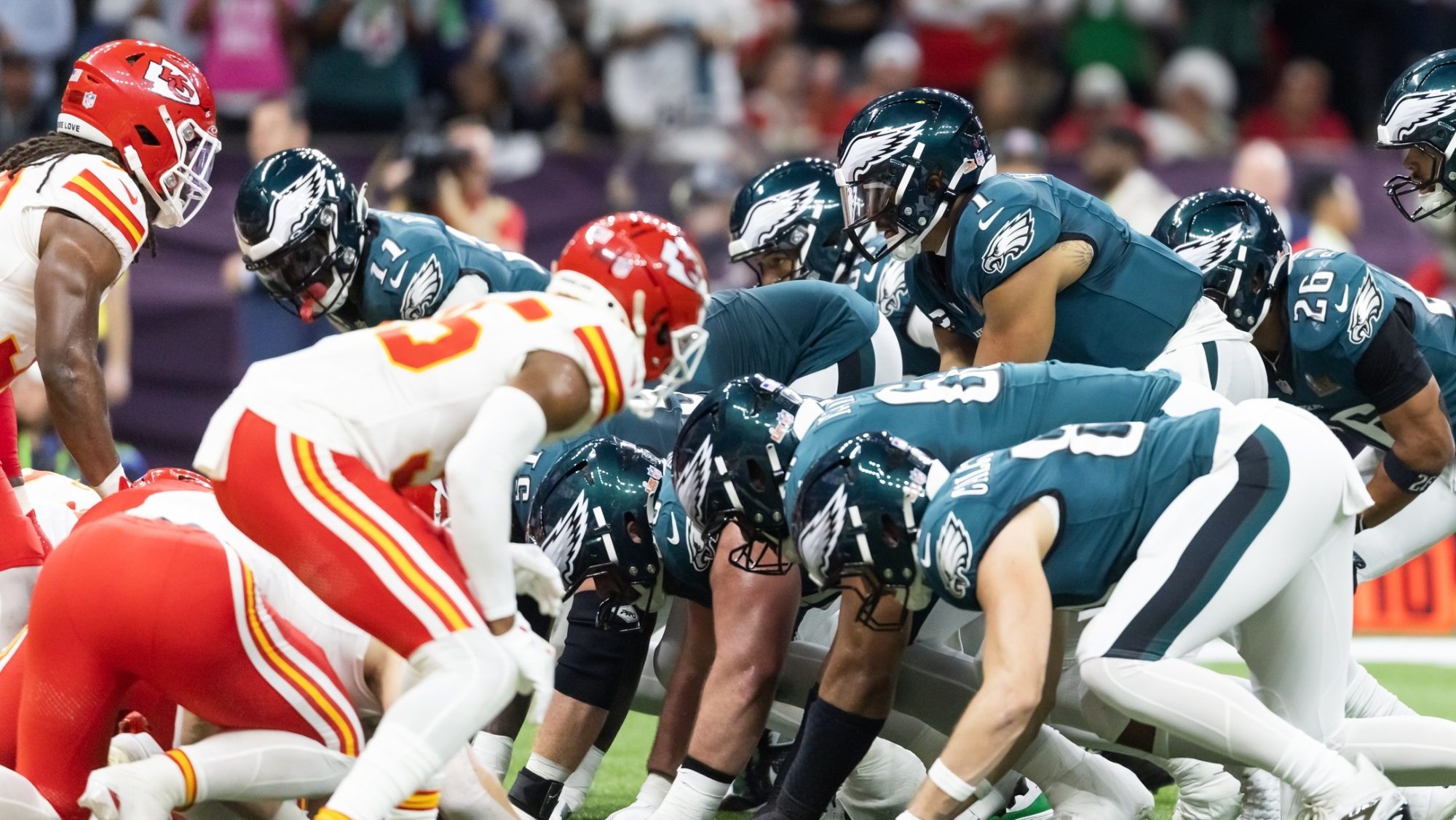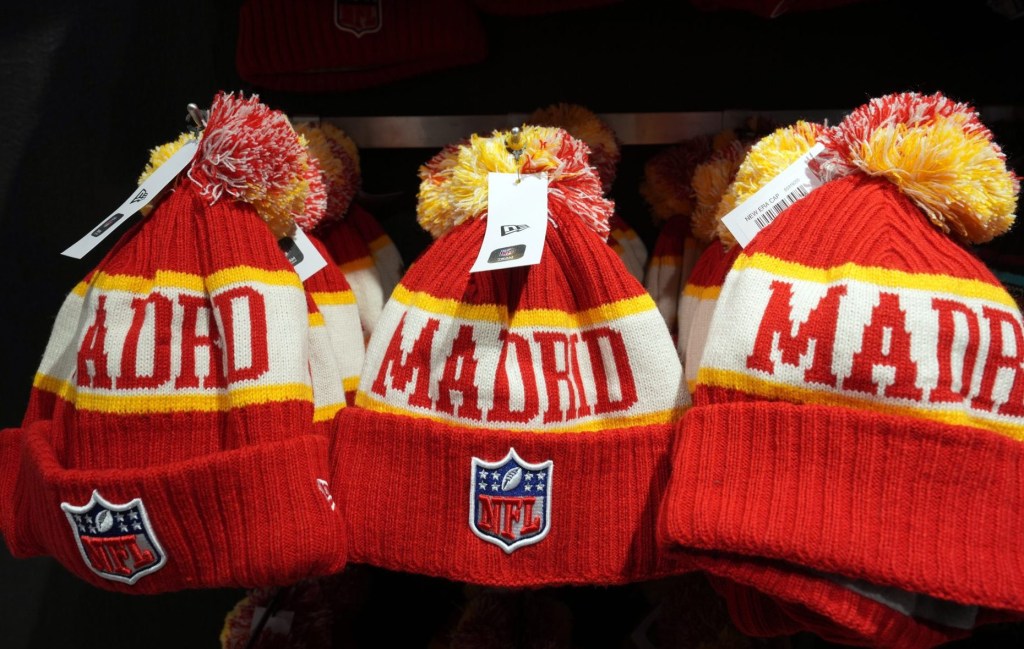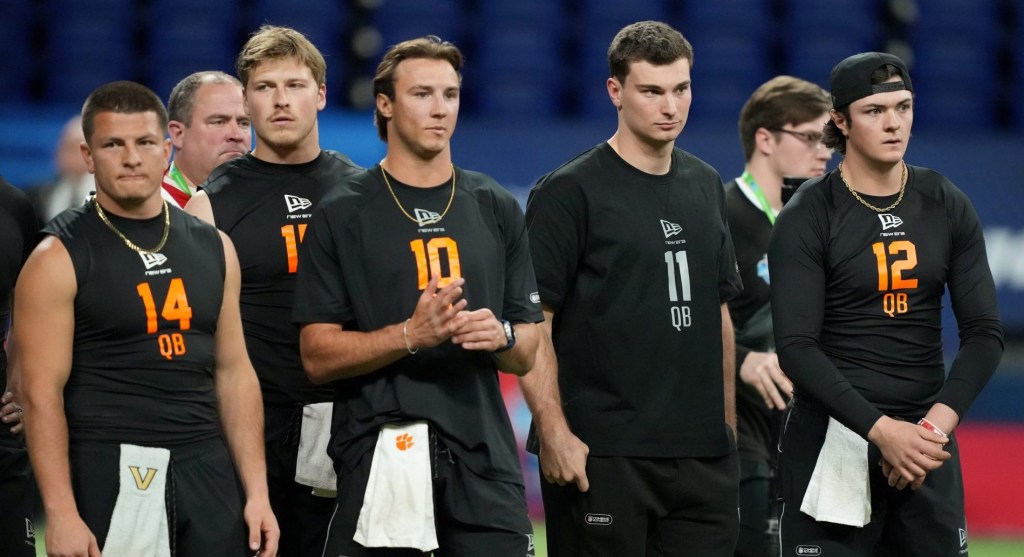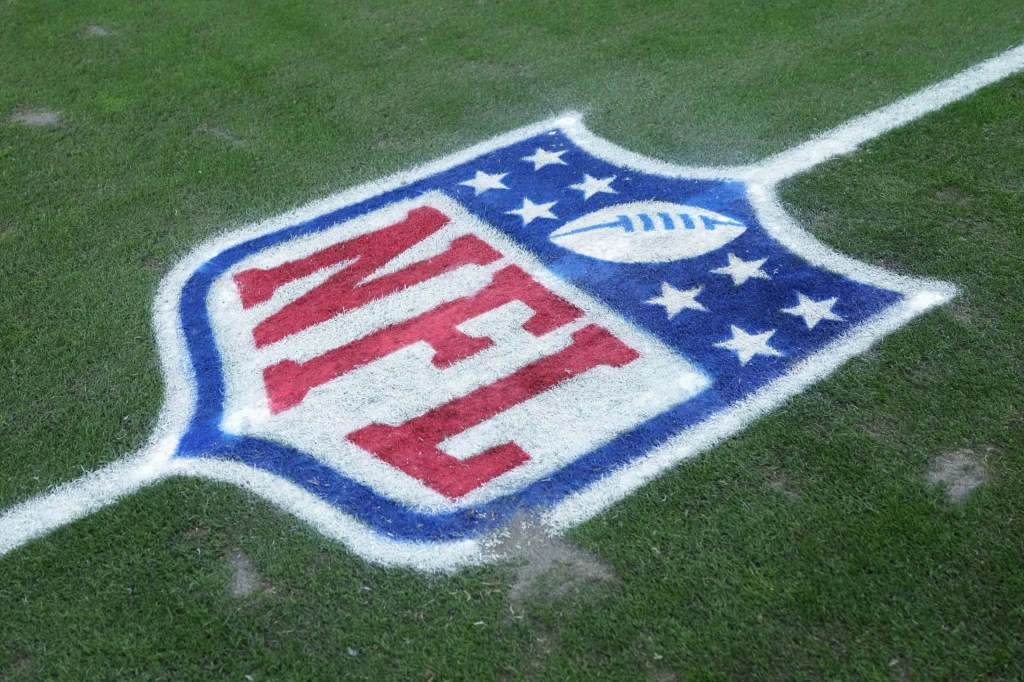PALM BEACH, Fla. — A potential ban on the National Football League’s much-debated Tush Push has been pushed.
Team owners tabled a Tuesday morning vote to ban the play, with work to continue around language for the proposed measure. The accentuated quarterback sneak, likened by some as more akin to a rugby play, was among the foremost topics up for a vote at this week’s NFL annual meeting. The Packers initially sought the ban, citing player health and safety concerns. League data, however, showed no injuries last year stemming from Tush Push plays. The issue could be revisited at May’s league meetings in Minnesota.
Before the vote, Eagles head coach Nick Sirianni admitted to some lobbying to defeat the Packers’ proposal. Philadelphia perfected the use of the Tush Push last year en route to its dominant Super Bowl LIX victory.
“Have I been lobbying? I’ve talked to a couple of people, yeah,” Sirianni said. “My opinion is very well documented.”
According to league sources, exactly half the league—16 teams—did not support the ban, leaving support for the Packers’ proposal well short of the 24 teams needed for passage.
Rich McKay, Falcons CEO and co-chair of the NFL competition committee, said the Tush Push was the topic of more than 30 minutes of discussion among the owners Tuesday, ranging broadly from injury concerns to a sense of fairness between offensive and defensive play. A perceived targeting of the Eagles and Bills, by far the two most successful operators of the Tush Push, also emerged.
“You never like any discussion in any room being projected toward a team or two,” McKay said. “It’s never something we like doing.”
The Packers are now expected to revise the wording and framing of their proposed ban.
Among other votes taken Tuesday:
- Approval of new kickoff rules that will spot a touchback at the receiving team’s own 35-yard line, up from the 30-yard line.
- A change in onside kick rules, however, that would allow trailing teams to attempt the play at any time did not pass. It will remain limited to the fourth quarter, and the topic will be revisited in May.
- Regular-season overtime periods will remain at 10 minutes, but each team is now guaranteed at least one offensive possession—even if the receiving team scores a touchdown.
- An elimination of automatic first downs for defensive holding penalties, proposed by the Lions, did not pass.
- Owners also tabled a proposal by the Lions to seed playoff teams strictly on regular-season records, which would no longer guarantee a home game for division winners.
The kickoff rule change is potentially the most impactful on the list. The new measure, combined with a permanent approval of dynamic kickoff rules, is expected to reduce player injury rates, while actively discouraging kick teams from simply booting the ball into the end zone. NFL executives, eager to restore the kickoff as a significant component of league play, expect return rates to more than double to nearly 70% because of the change.
“[We] see this going up substantially because of that yardage difference,” McKay said.







![[Subscription Customers Only] Jun 15, 2025; Seattle, Washington, USA; Botafogo owner John Textor inside the stadium before the match during a group stage match of the 2025 FIFA Club World Cup at Lumen Field.](https://frontofficesports.com/wp-content/uploads/2026/02/USATSI_26465842_168416386_lowres-scaled.jpg?quality=100&w=1024)
![[Subscription Customers Only] Jul 13, 2025; East Rutherford, New Jersey, USA; Chelsea FC midfielder Cole Palmer (10) celebrates winning the final of the 2025 FIFA Club World Cup at MetLife Stadium](https://frontofficesports.com/wp-content/uploads/2026/02/USATSI_26636703-scaled-e1770932227605.jpg?quality=100&w=1024)


![[US, Mexico & Canada customers only] Feb 6, 2026; Riyadh, SAUDI ARABIA; Jon Rahm in action during the third round of play at LIV Golf Riyadh at the Riyadh Golf Club.](https://frontofficesports.com/wp-content/uploads/2026/03/USATSI_28173562_168416386_lowres-scaled.jpg?quality=100&w=1024)

![[US, Mexico & Canada customers only] Sep 28, 2025; Bethpage, New York, USA; Team USA's Bryson DeChambeau reacts after hitting his approach on the 15th hole during the singles on the final day of competition for the Ryder Cup at Bethpage Black.](https://frontofficesports.com/wp-content/uploads/2026/03/USATSI_27197957_168416386_lowres-scaled.jpg?quality=100&w=1024)



